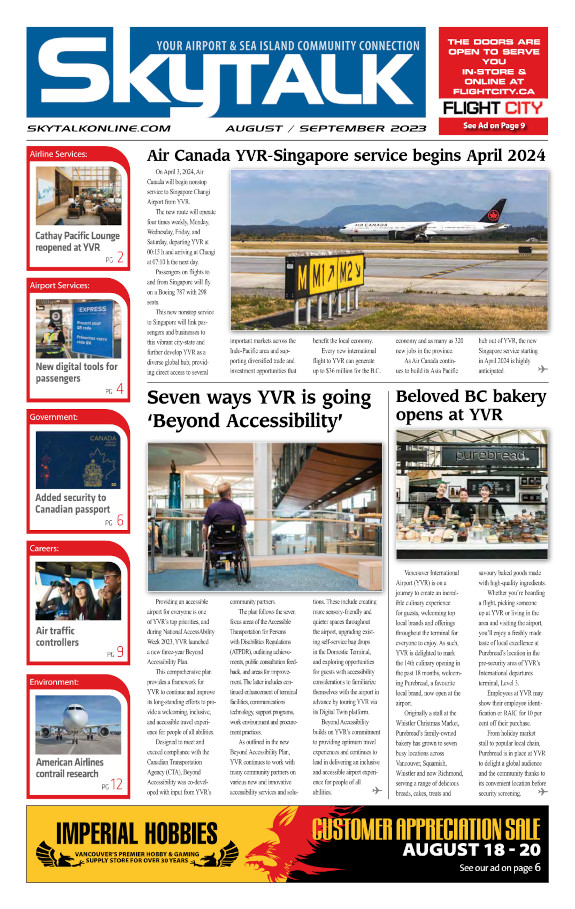If you are planning any travel to Asia, don’t let a nasty virus ruin your trip. The Public Health Agency of Canada reminds Canadians planning trips to China, Thailand, Indonesia, Cambodia, Vietnam and other parts of eastern and central Asia to protect themselves against avian influenza.
There are several types of avian influenza viruses that spread quickly and easily among birds and rarely affect humans. However, in some cases – like with H5N1 and H7N9 – avian influenza has caused serious illness in humans exposed to infected live birds. Primary symptoms include severe pneumonia and breathing difficulties. Some cases have resulted in death.
“Travellers need to be vigilant when visiting China, particularly in the eastern provinces where the majority of human H7N9 cases have been reported,” said Canada’s Chief Public Health Officer Dr. Gregory Taylor. “Avian influenza viruses do not transmit easily from person to person, so the best way to reduce the risk is to avoid high-risk areas like chicken farms and live markets. As with any flu virus, frequent hand washing is also one of the most effective ways to avoid getting sick.”
The same advice is recommended for travellers to Thailand, Vietnam or Indonesia, where cases of H5N1 have been reported.
Travellers can minimize their risk of contracting avian influenza by:
· Avoiding contact with birds, including chickens, ducks and wild birds.
· Avoiding any surfaces that may have bird droppings or secretions on them.
· Ensuring all poultry dishes are well cooked, including eggs.
General healthy practices are also encouraged to minimize the spread of germs:
· Wash hands as often as possible under warm water, with soap for at least 20 seconds.
· Use an alcohol-based hand sanitizer when soap and water are not available. It is a good idea to always keep hand sanitizer with you when you travel.
· Cover your mouth and nose with your arm when you cough or sneeze. If you use a tissue, dispose of it as soon as possible and wash your hands afterwards.
If you develop flu-like symptoms while travelling in China or within 14 days after you return, see a health care provider and tell them where you’ve been travelling or living.
For more information, consult the Agency’s Travel Health Notices on avian influenza (H7N9 and H5N1) on the Travel.gc.ca website.









